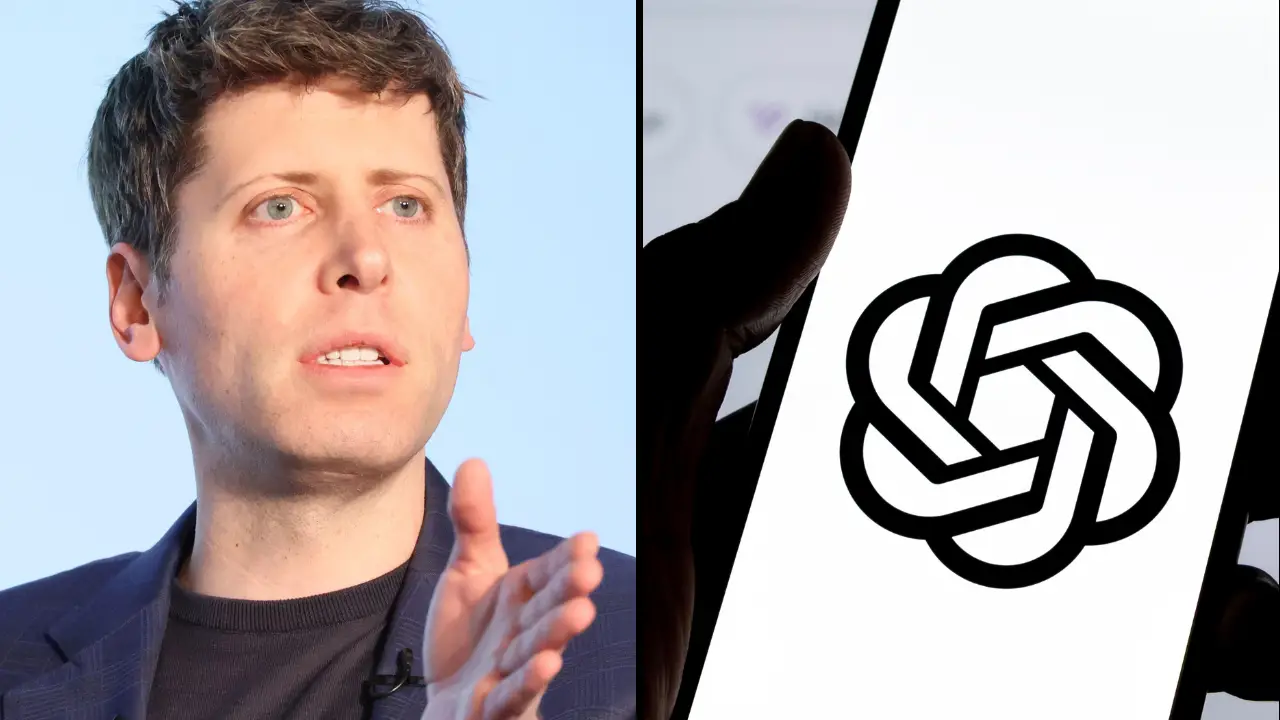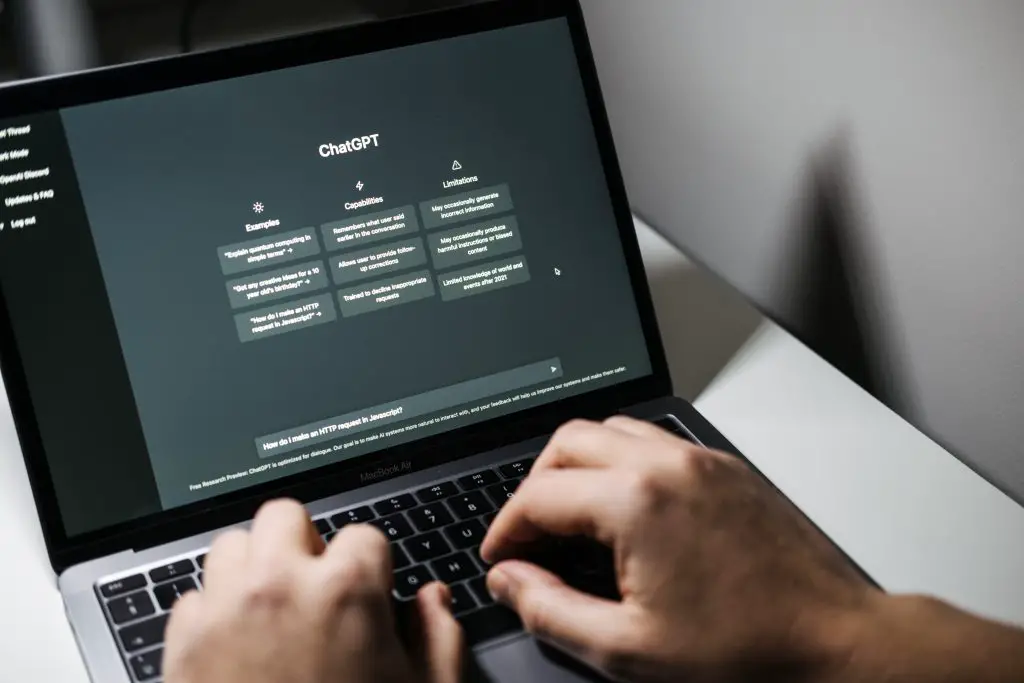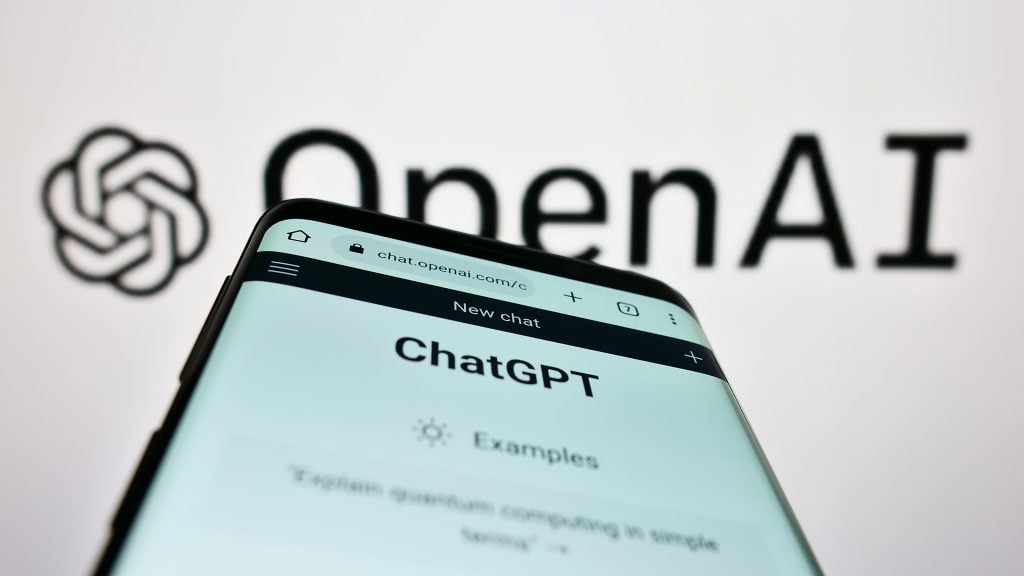
Credit: Alamy & Adobe Stock
Saying ‘Please’ And ‘Thank You’ To ChatGPT Costs Millions Of Dollars
Saying ‘please’ and ‘thank you’ to ChatGPT is apparently costing millions of dollars.
It may seem like simple good manners, but according to OpenAI CEO Sam Altman, it’s also a costly habit.
In a recent post on X (formerly known as Twitter), Altman responded to a question about the financial implications of polite prompts directed at ChatGPT.
He revealed that these seemingly harmless courtesies contribute to significant energy consumption and increased operating expenses.
The total cost? Altman estimated it at ‘tens of millions of dollars,’ though he still referred to the expense as ‘well spent,’ adding with a hint of mystery: “You never know.”

At the heart of the issue lies the way large language models (LLMs), like those powering ChatGPT, process user queries.
These models require massive computing resources – specifically thousands of high-performance GPUs operating across vast data centers.
This infrastructure, shared with OpenAI’s hardware partner NVIDIA, is critical to enabling the real-time language generation that users expect.
Each interaction with an AI system draws on considerable power.
A 2023 joint study by the University of Washington and the Allen Institute for AI found that a single AI-generated response can consume up to 0.14 kilowatt-hours (kWh) of electricity.
That’s about the same as running 14 LED light bulbs for an hour.
When scaled to millions or even billions of prompts per day, the energy usage quickly becomes substantial.
Globally, data centers are already responsible for around 2% of total electricity consumption, according to the International Energy Agency (IEA).
With AI usage expanding at an unprecedented pace, that figure is expected to climb unless major innovations in energy efficiency are made.

But does being polite to an AI really make a difference beyond energy costs?
Many in the tech world say yes.
Kurtis Beavers, a lead designer for Microsoft Copilot, pointed out in an interview with Microsoft WorkLab that respectful phrasing helps AI generate ‘respectful, collaborative outputs.’
He explained: “When it clocks politeness, it’s more likely to be polite back.”
A 2024 survey showed that 67% of Americans use polite language with chatbots.
Of those, over half do so because they believe it’s the right thing to do.
Interestingly, 12% admitted they’re polite just in case AI ever gains more power – humorously suggesting it might help them avoid trouble in the event of an AI uprising.
Related Article: People Are Just Realizing What The GPT In ChatGPT Stands For
Related Article: Teenager Takes Own Life After Forming Emotional Bond with AI Chatbot
Want more stuff like this?
Get the best viral stories straight into your inbox!